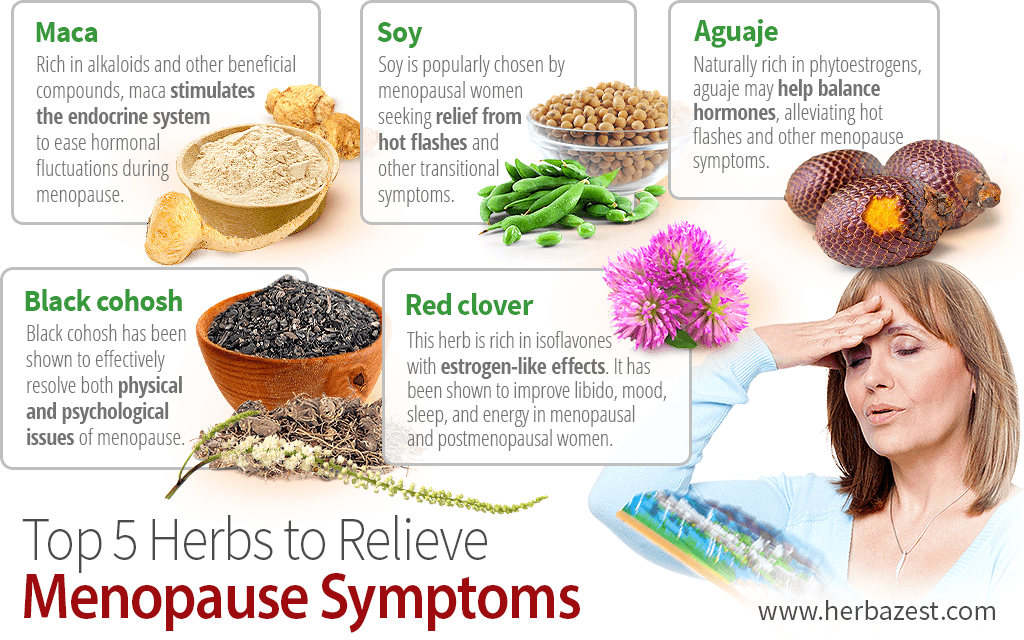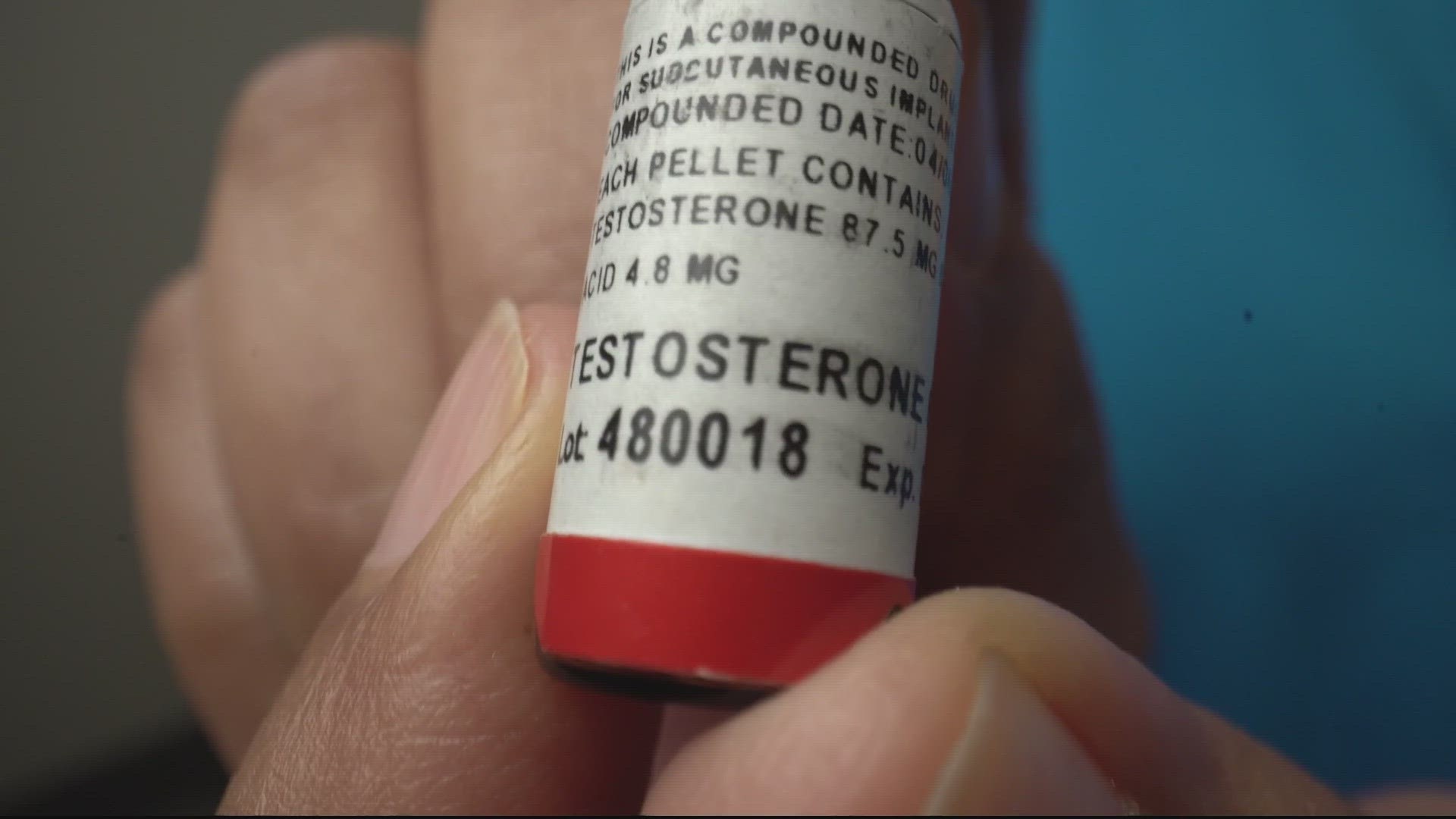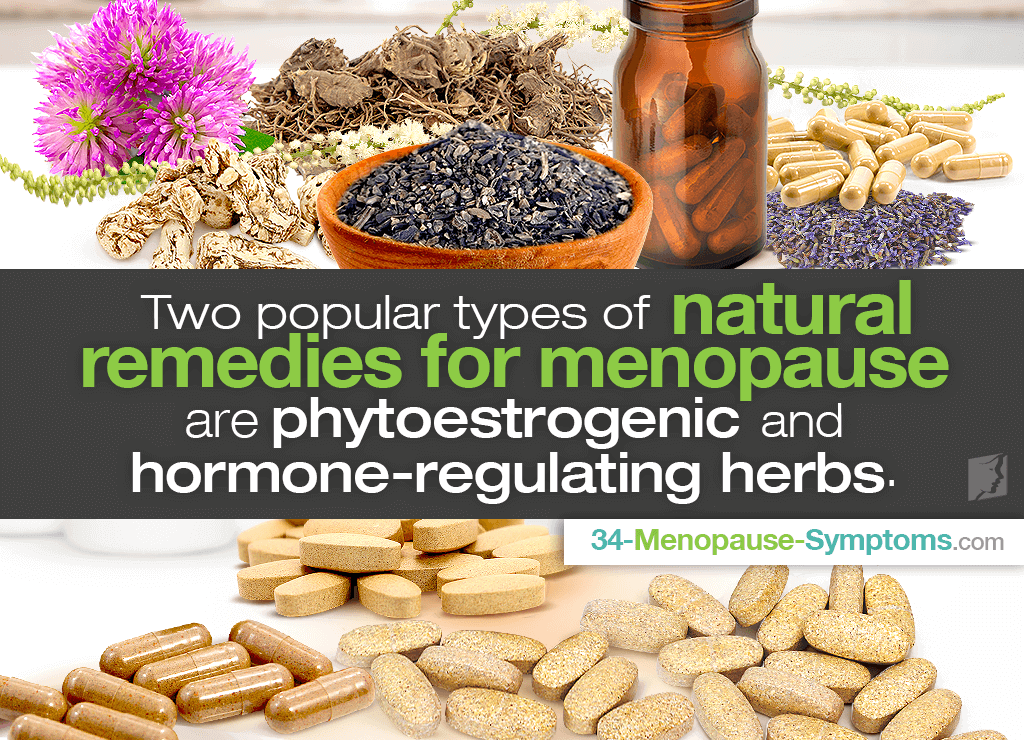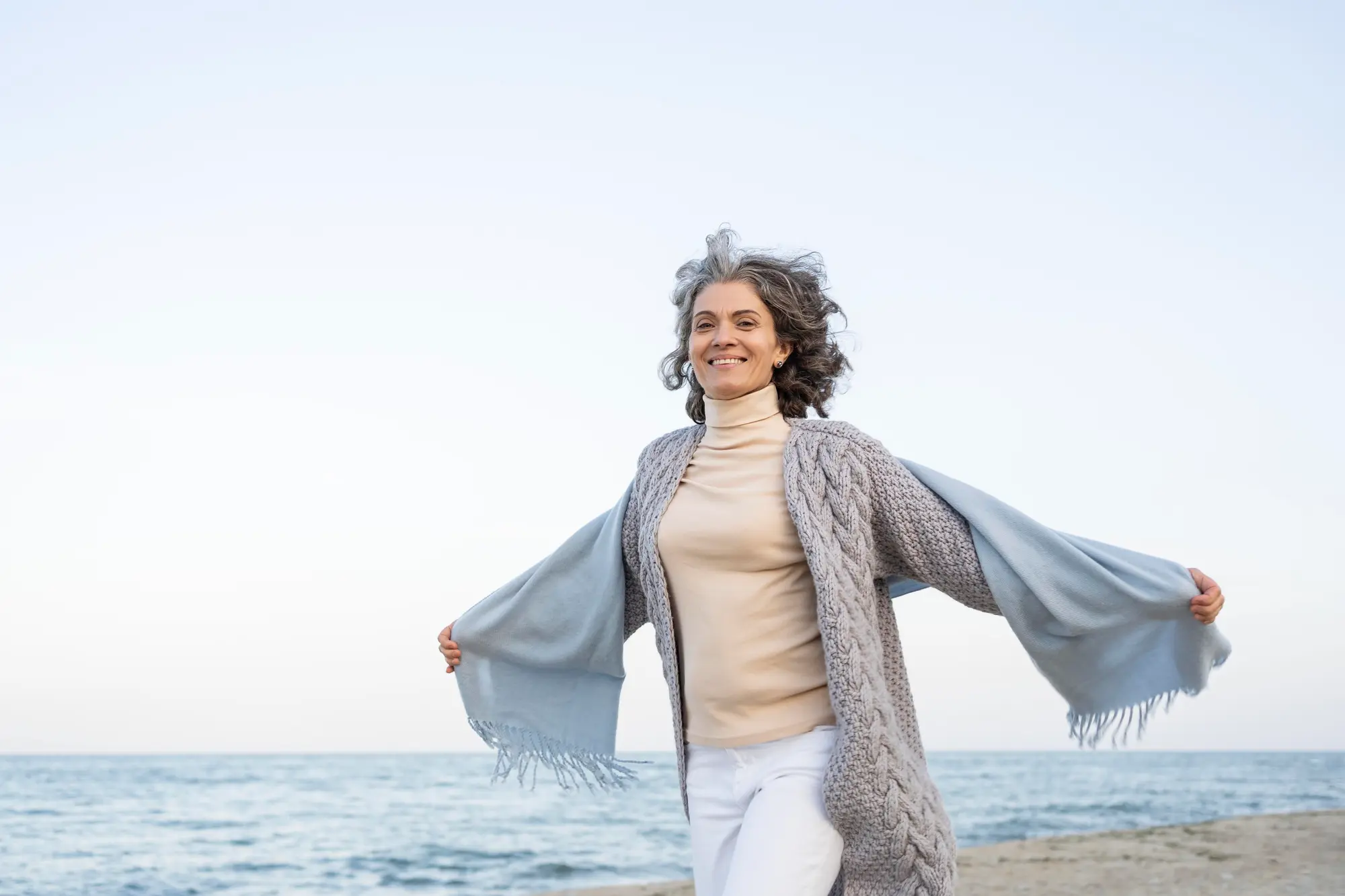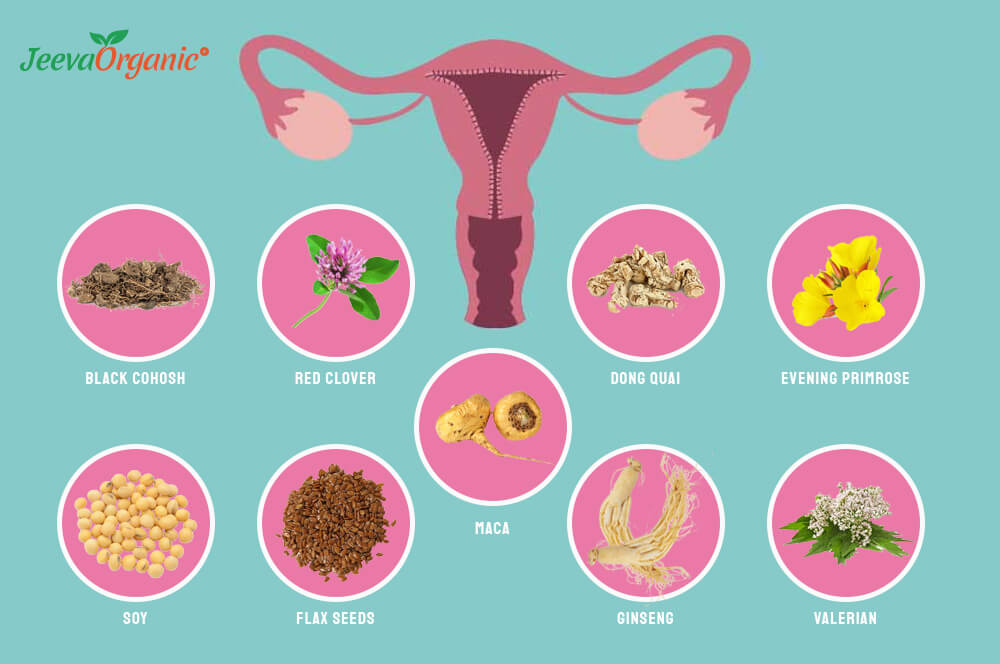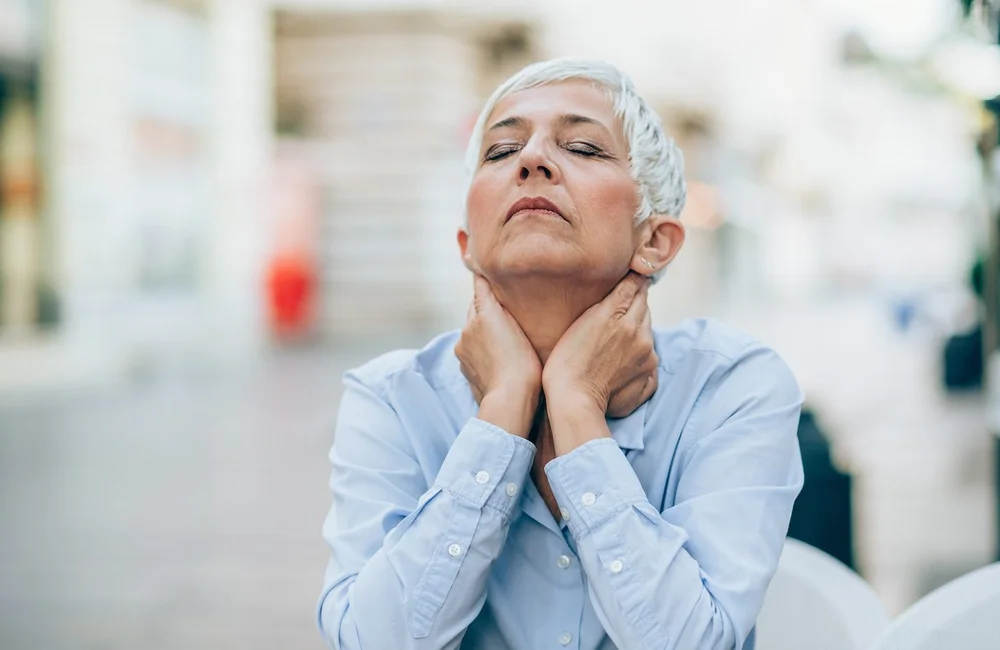Who Else Wants Info About How To Relieve Symptoms Of Menopause
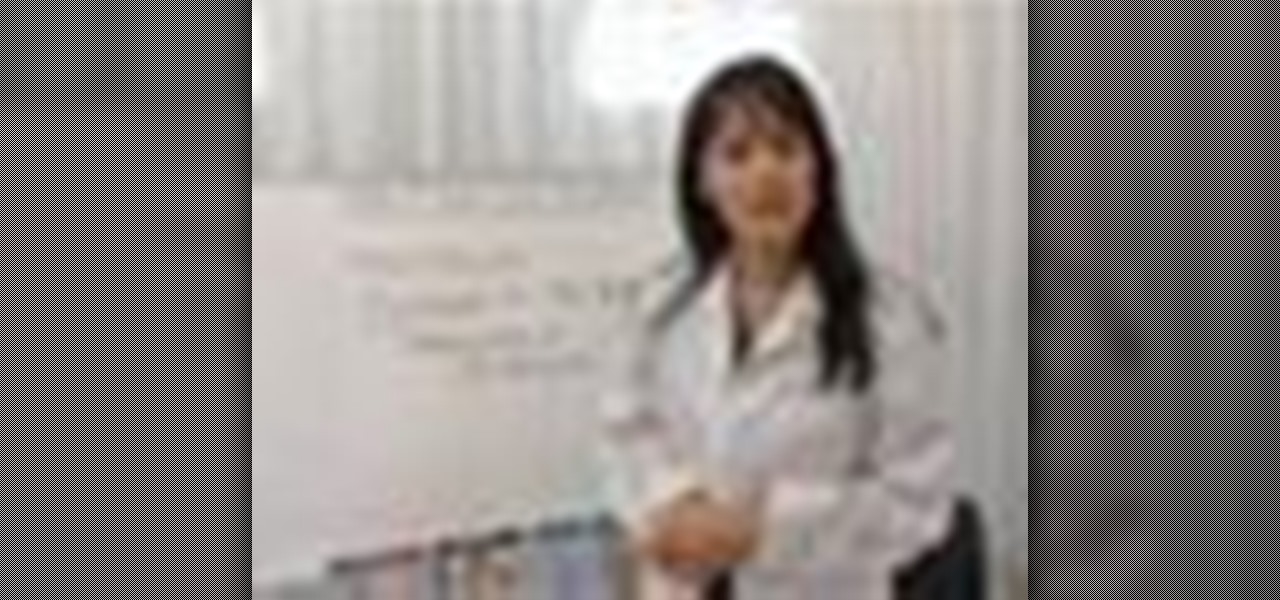
Menopause and perimenopause symptoms can have a big impact on your daily life,.
How to relieve symptoms of menopause. Discussing mood issues with your healthcare provider. Menopause can be a consequence of surgical or medical. But the physical symptoms, such as hot flashes, and emotional symptoms of menopause may disrupt your sleep, lower your energy or affect emotional health.
I will often refer women for a trial of acupuncture to see if that can reduce their hot flash. There’s no quick fix for the symptoms of menopause.
Some possible triggers of hot flashes are hot beverages, spicy food, warm air temperatures, stressful situations, alcohol,. Changes in skin conditions, including dryness or increase in oiliness and onset of adult acne. They can help relieve some of the symptoms of menopause, including hot flashes and mood changes.
You may work with your doctor to find medical treatments for your symptoms, such as hormone therapy or. Common symptoms of menopause and perimenopause. Menopausal symptoms such as hot flashes and night sweats can last for years after menstrual periods stop.
Because these can also be symptoms of pregnancy or other medical conditions, you should consider seeing your doctor for. Hormone therapy, which involves taking supplemental estrogen or progesterone alongside estrogen, is thought to be the most effective. John’s wort or vitamin b6.
Perimenopause, or the transition phase before menopause can cause a host of symptoms irregular menstrual cycles, hot flashes, night sweats,. Ways to manage the symptoms of menopause include lifestyle changes, menopausal hormone therapy, and complementary therapies. Current nhs guidance states menopausal women should be given hrt as a first line of treatment for menopause — when periods stop due to lower hormone levels.
Estrogen therapy is the most effective treatment option for relieving menopausal hot flashes. Avoid or reduce potential triggers, such as spicy food, caffeine, hot drinks, smoking and alcohol. How to treat them:
Menopause is a point in time when you’ve gone 12 consecutive months without a menstrual cycle. Frequent physical activity improves sleep patterns. Depending on your personal and family medical.
Take a cool shower, use a fan or have a cold drink. Menopause officially begins when you’ve gone 12 consecutive months without menstruating. Keeping fit is a vital part of life and can be helpful in reducing menopause symptoms.
Begin with a commonsense approach. Try to reduce your stress level. What are the 34 symptoms of menopause, and what helps?

